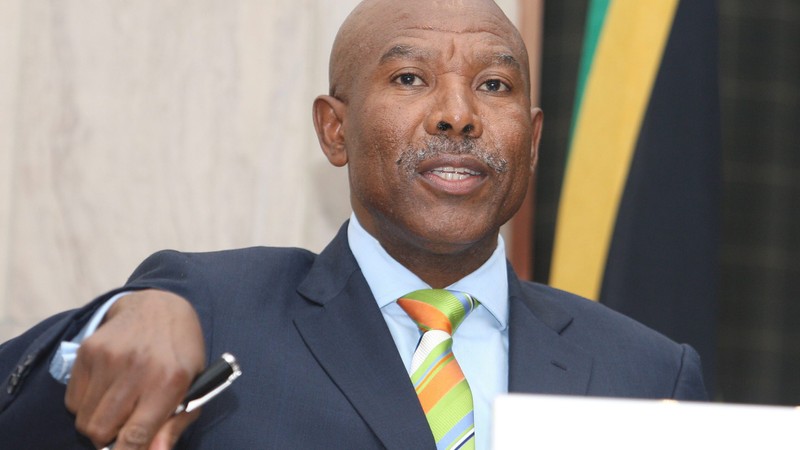Economic analysts are divided on the prospects of the South African Reserve Bank (Sarb) raising or holding its key repo rate – and by extension the prime lending rate for consumers – when its Monetary Policy Committee wraps up its bi-monthly meeting tomorrow.
The Monetary Policy Committee (MPC) began its deliberations on Tuesday, and space on a range of fronts has opened for a pause in a tightening cycle that has seen it hike rates by 475 basis points since November 2021, taking its key repo rate to 8,25% and the prime lending rate to 11,75%.
The United States (US) Federal Reserve also paused its hiking cycle in June, which gives the Sarb room to do the same this week.
The Sarb has had to more or less keep pace with the aggressive hikes in the US – which have taken the Fed’s key rate from almost zero to 5% to 5,25% – to retain the rand’s attractiveness to investors.
And the rand itself is currently trading close to 18/dollar after falling in late May to record lows of almost 20/dollar.
“We expect the monetary policy committee (MPC) to keep rates unchanged at 8,25%, following the Fed’s pause at its June meeting. The Sarb’s decision will be supported by an easing in the domestic consumer price inflation outlook,” Investec economist Lara Hodes said in a commentary.
Still, analysts are divided over the decision that will emerge from the MPC’s three days of deliberations tomorrow.
Of 16 economists polled by Bloomberg, half see the MPC holding rates, while half see it implementing another 25 basis point hike which would take the prime rate to 12%.
Bloomberg notes that both Sarb governor Lesetja Kganyago and deputy governor Kuben Naidoo recently said that “only once the MPC is confident that inflation is returning to the midpoint of the target range will it stop hiking rates”.
South Africa has been in the throes of a cost-of-living crisis with food inflation taking a huge social toll, especially on poor and working-class households. So, measures that douse the flames of inflation should be broadly welcome, though the Sarb’s hawkish take has not been without its critics.
This is always a difficult balancing act.
The US and European central banks and their peers in developed economies have been hiking rates to lower inflation in the face of unemployment rates that are at or close to record lows.
Stay informed with The Namibian – your source for credible journalism. Get in-depth reporting and opinions for
only N$85 a month. Invest in journalism, invest in democracy –
Subscribe Now!






